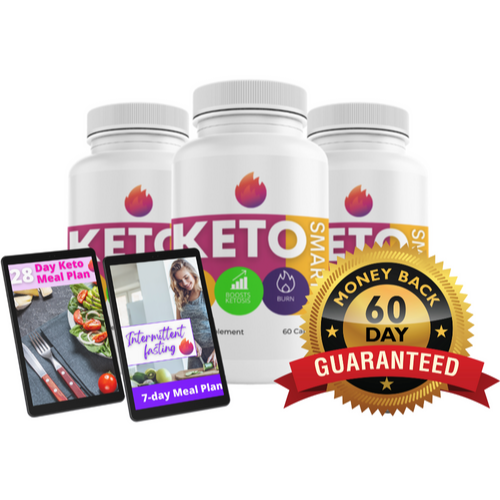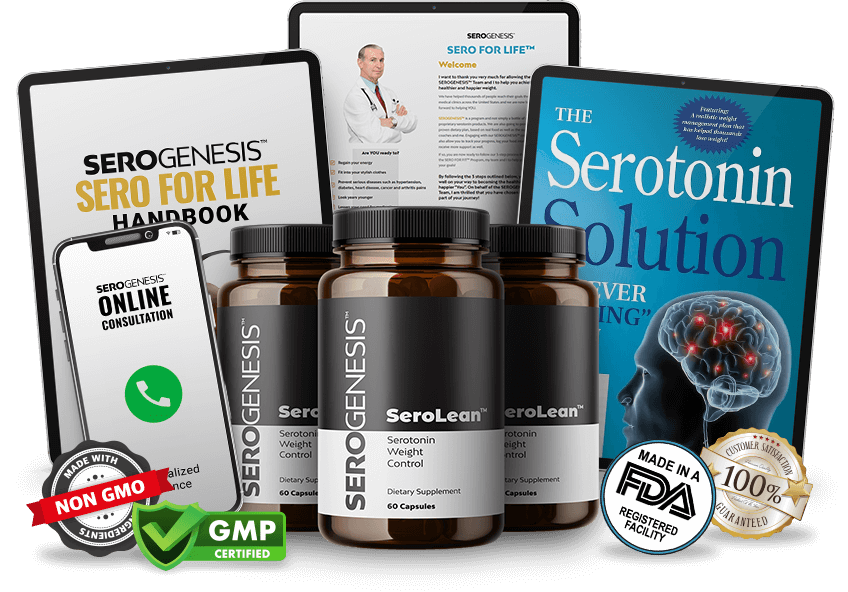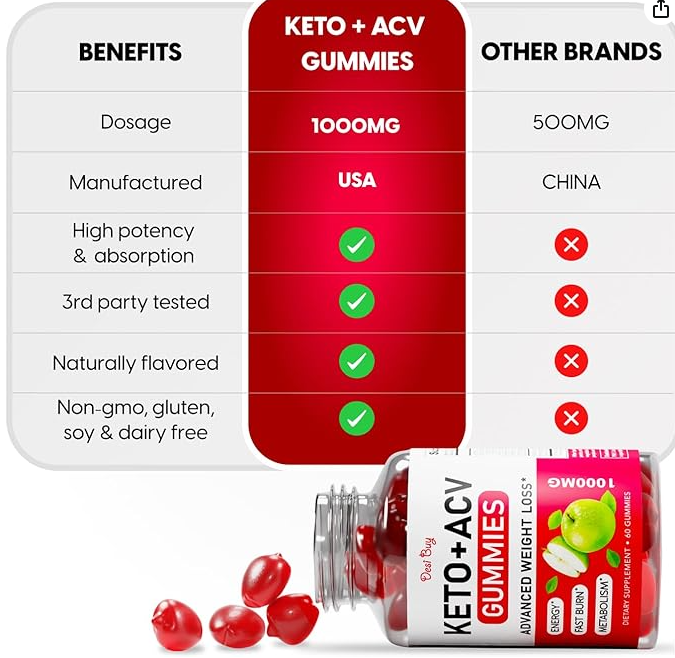
Equip supplements-Grass Fed Protein Powder-Keto Protein Powder
Learn More About Keto ACV gummiesHere are seven tips for selecting and using Equip supplements, particularly focusing on grass-fed protein powder and keto protein powder:
- Check the Ingredients: When selecting a protein powder, always check the ingredients list. Look for grass-fed sources of protein like whey or collagen. Equip supplements pride themselves on using high-quality, grass-fed sources, which can have superior nutritional profiles compared to conventionally sourced proteins.
- Consider Your Goals: Equip offers a variety of supplements tailored to different dietary goals. If you’re following a keto diet, opt for their keto-specific protein powder formulations which are low in carbohydrates and high in healthy fats. Grass-fed protein powders can be suitable for a wide range of dietary preferences beyond keto as well.
- Look for Transparency: Transparency in labeling and sourcing is key. Equip supplements typically provide clear information about the sourcing and processing of their ingredients, including grass-fed protein. This helps ensure you’re getting a high-quality product without any hidden surprises.
- Assess Nutritional Content: Beyond just protein content, consider the overall nutritional profile of the supplement. Grass-fed protein powders may contain additional nutrients like omega-3 fatty acids and antioxidants due to the animals’ natural diet. For keto protein powder, ensure it’s low in net carbs and high in healthy fats to support your ketogenic lifestyle.
- Check for Additives: Avoid protein powders with unnecessary additives like artificial flavors, sweeteners, or fillers. Equip supplements typically focus on clean ingredients, minimizing artificial additives to provide a more natural product.
- Evaluate Taste and Mixability: While nutritional content is crucial, taste and mixability can also impact your overall satisfaction with a protein powder. Look for reviews or sample sizes to test out different flavors and see how well the powder mixes into your preferred beverages or recipes.
- Consult with a Health Professional: Before incorporating any new supplement into your routine, especially if you have specific health concerns or conditions, it’s wise to consult with a healthcare professional or nutritionist. They can offer personalized advice based on your individual needs and goals.
By following these tips, you can make informed choices when selecting and using Equip supplements, whether you’re focusing on grass-fed protein powder, keto protein powder, or other dietary supplements.
Learn More About Keto ACV gummiesKETO DIET-The Best Keto protein Powder
7 tips to consider when selecting the best keto protein powder for your ketogenic diet:
- Low Carb Content: The cornerstone of a keto diet is keeping carbohydrate intake low to induce and maintain ketosis. Look for a protein powder with a low carbohydrate content, ideally less than 5 grams of net carbs per serving. This ensures it won’t kick you out of ketosis.
- High Fat Content: Since the keto diet emphasizes high fat intake, opt for a protein powder that includes healthy fats. This can help you meet your daily fat macro goals more easily. Look for sources like coconut oil, MCT oil, or avocado oil in the ingredients list.
- Quality Protein Source: Choose a protein powder made from high-quality sources such as grass-fed whey, collagen, or egg whites. Grass-fed whey, in particular, is often preferred due to its superior nutritional profile and potential benefits for overall health.
- Minimal Additives: Avoid protein powders with unnecessary additives like artificial flavors, sweeteners, or fillers. These can spike insulin levels and hinder your ketogenic goals. Opt for products with minimal, natural ingredients to ensure purity and effectiveness.
- Digestibility: Consider the digestibility of the protein powder. Some people may experience digestive issues with certain types of protein. Whey protein isolate, for example, tends to be easier to digest for many people compared to whey concentrate.
- Taste and Texture: Since you’ll likely be consuming your protein powder regularly, it’s essential to enjoy the taste and texture. Experiment with different flavors and brands to find one that suits your palate. Some popular flavors for keto protein powders include chocolate, vanilla, and peanut butter.
- Third-Party Testing and Reviews: Look for products that have undergone third-party testing for quality and purity. Additionally, read reviews from other keto dieters to see their experiences with different protein powders. This can provide valuable insights into taste, mixability, and overall satisfaction.
By considering these factors, you can choose the best keto protein powder to support your ketogenic diet goals. Always remember to pair your protein powder with a well-rounded diet rich in whole foods to ensure you’re meeting all of your nutritional needs.
Learn More About Keto ACV gummiesWhat Protein Powder is Best on Keto?
When selecting the best protein powder for a ketogenic diet, there are several factors to consider. Here are some tips to help you choose:
- Low Carbohydrate Content: Opt for a protein powder with a low carbohydrate content. Look for products labeled as keto-friendly or specifically formulated for the ketogenic diet. Ideally, choose protein powders with less than 5 grams of net carbs per serving to ensure they won’t disrupt ketosis.
- High-Quality Protein Source: Choose protein powders made from high-quality sources such as grass-fed whey, collagen, or egg whites. Grass-fed whey protein, in particular, is often preferred due to its superior nutritional profile and potential health benefits.
- Added Healthy Fats: Consider protein powders that include added healthy fats to support your ketogenic goals. Look for ingredients like coconut oil, MCT oil, or avocado oil, which can help you meet your daily fat macro requirements.
- Minimal Additives: Avoid protein powders with unnecessary additives like artificial flavors, sweeteners, or fillers. These can potentially spike insulin levels and hinder your ketogenic progress. Opt for products with minimal, natural ingredients to ensure purity and effectiveness.
- Digestibility: Consider the digestibility of the protein powder. Some people may experience digestive issues with certain types of protein. Whey protein isolate, for example, tends to be easier to digest for many people compared to whey concentrate or casein.
- Taste and Texture: Since you’ll likely be consuming your protein powder regularly, it’s important to enjoy the taste and texture. Experiment with different flavors and brands to find one that suits your palate. Popular flavors for keto protein powders include chocolate, vanilla, and peanut butter.
- Third-Party Testing and Reviews: Look for protein powders that have undergone third-party testing for quality and purity. Additionally, read reviews from other keto dieters to see their experiences with different products. This can provide valuable insights into taste, mixability, and overall satisfaction.
By considering these factors, you can choose the best protein powder to support your ketogenic diet goals. Remember to pair your protein powder with a well-rounded diet rich in whole foods to ensure you’re meeting all of your nutritional needs while maintaining ketosis.

TOP 5 Best Protein powder 2023 [Dairy-Gluten-Soy free & Keto-Vegan]
► Top 5 Best protein powder listed in the video
MusclePharm’s Combat
KOS Organic Plant-Based
Garden of Life Raw Organic
Isopure Zero Carb
Garden of Life Meal Replacement
Learn More About Keto ACV gummiesKETO DIET-The Best Keto protein Powder
When selecting a protein powder for the keto diet, it’s essential to choose one that aligns with the macronutrient ratios of the diet while also being high in quality. Here are some tips to help you find the best keto protein powder:
- Look for low-carb options: Opt for protein powders that are low in carbohydrates, as the keto diet restricts carb intake. Ideally, choose powders with less than 5 grams of carbs per serving.
- Focus on quality protein sources: Seek out protein powders that contain high-quality protein sources such as whey protein isolate, whey protein concentrate, casein protein, egg white protein, or plant-based proteins like pea protein or hemp protein.
- Avoid added sugars and artificial sweeteners: Check the ingredient list to ensure that the protein powder doesn’t contain added sugars or artificial sweeteners, as these can spike blood sugar levels and interfere with ketosis.
- Consider fat content: While not as crucial as the protein and carb content, some keto protein powders also contain added fats to help support ketosis. Look for powders that contain healthy fats like coconut oil, MCT oil, or avocado oil.
- Check for additional ingredients: Some protein powders may contain additives, fillers, or unnecessary ingredients. Choose products with minimal ingredients and avoid those with added fillers or artificial additives.
- Pay attention to taste and texture: Since you’ll likely be consuming the protein powder regularly, it’s essential to choose a flavor and texture that you enjoy. Many keto-friendly protein powders come in a variety of flavors, so experiment to find your favorite.
- Consider your dietary preferences: If you have dietary restrictions or preferences (e.g., dairy-free, vegan), select a protein powder that aligns with your needs while still being keto-friendly.
Some popular options for keto protein powders include:
- Isopure Zero Carb Protein Powder
- Quest Nutrition Protein Powder
- Perfect Keto Collagen Protein Powder
- Garden of Life Keto Fit Protein Powder
- Ancient Nutrition Keto Protein Powder
Ultimately, the best keto protein powder for you will depend on your specific dietary preferences, goals, and taste preferences. Be sure to read labels carefully and choose a product that fits well within your keto diet plan.
Learn More About Keto ACV gummiesTHE BEST KETO CHOCOLATE PROTEIN POWDER – review the best protein powder from amazon
Chapters:
0:00 – Intro
0:28 – Carbs
0:45 – Calories
1:16- Recipe






